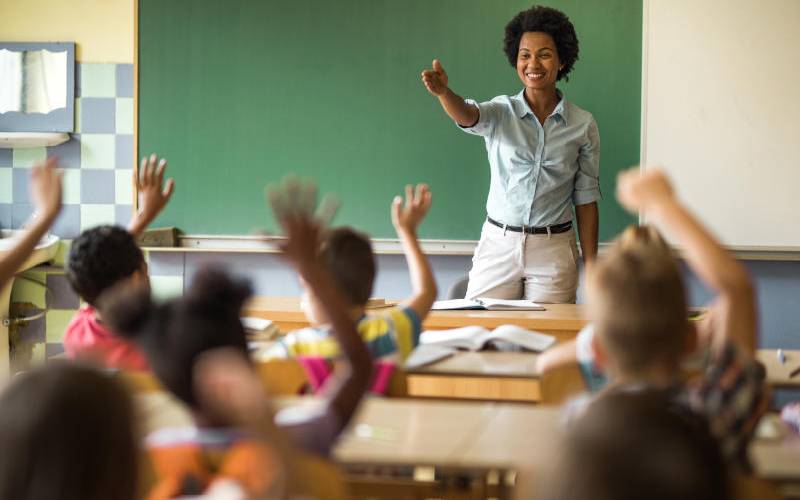×
The Standard e-Paper
Home To Bold Columnists

The situation in Kenya is likely to be worse after President Uhuru Kenyatta ordered schools, including TVET institutions and universities, to close for the second time in a span of 12 months.